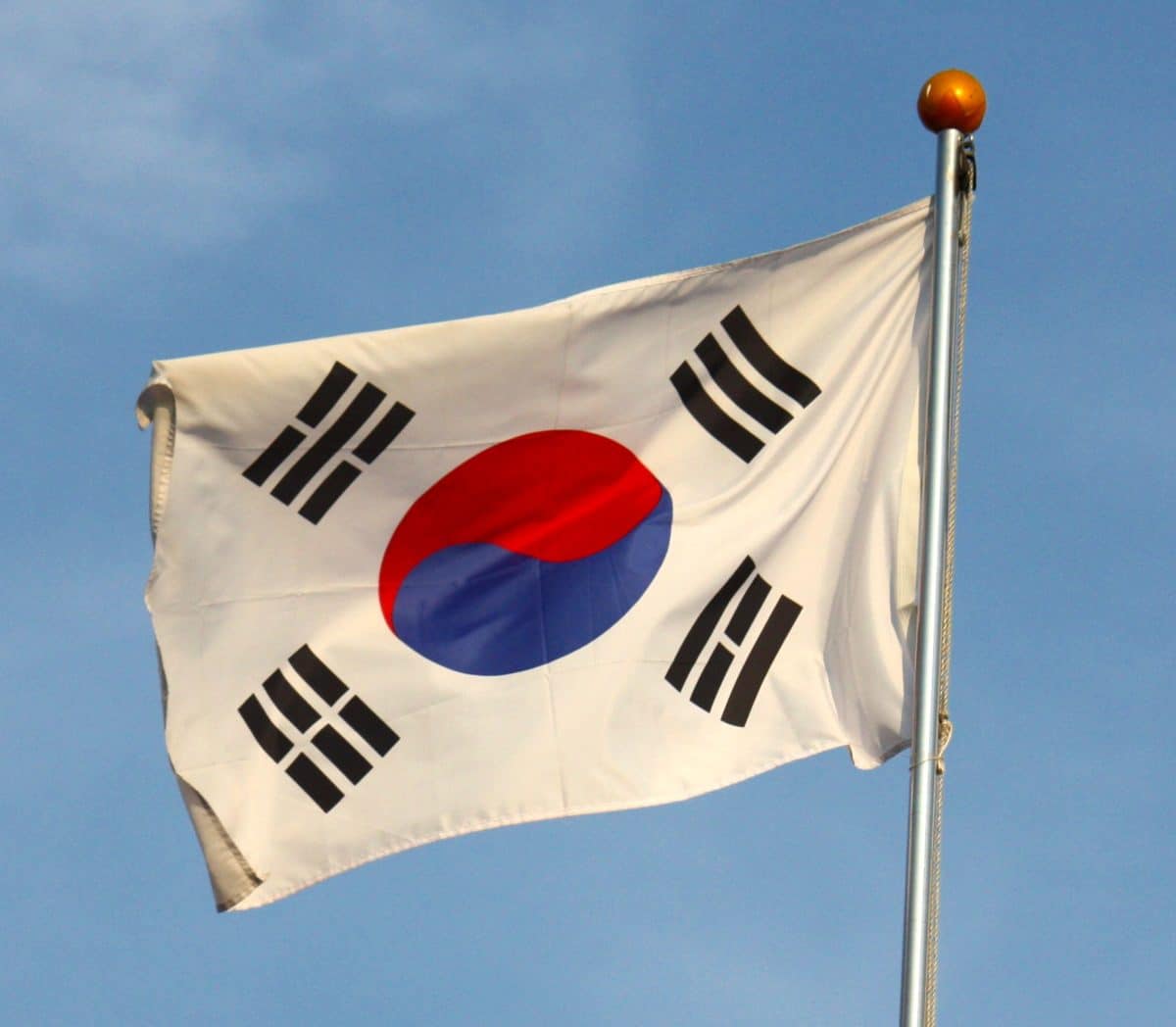South Korea saw the deployment of 2,828.3 MW of new PV systems in the first three quarters of the year, according to new statistics released by the Korean Energy Agency.
This result compares to 3,283.6 MW in the same period a year earlier. “The decline in solar PV installations in Korea can be attributed to delayed permitting, over local governments heightening and expanding siting restrictions,” Eunbyeol Jo, a researcher at Seoul-based NGO Solutions for Our Climate, told pv magazine. “In addition, renewable energy certificate (REC) prices have been dropping due to oversupply in the market over the past three years, hampering solar development.”
In the third quarter of this year, around 677 MW of new PV systems were connected to the Korean grid while in the same period of 2020, the newly installed PV capacity was 1,153 MW. New PV additions for the first quarter totaled 1,017 MW, and in the second quarter equaled 1,134 MW.
At the end of September, the country's cumulative installed PV capacity reached around 17.3 GW.
If the current growth trend is confirmed for the rest of the year, South Korea may not exceed last year's newly installed PV capacity of 4,126 MW, a result that was not only comparatively higher than the 3.8 GW in 2019, and 2.4 GW in 2018, but also made 2020 the most successful year ever recorded by the country.
South Korea currently plans to install 30.8 GW of solar by 2030. According to a recent study by Solutions for Our Climate and the Korea Advanced Institute of Science & Technology, in order to achieve carbon neutrality by 2050, the target of having renewables make up 20% of total generation by 2030 must be raised to 40%, and installed renewables capacity needs to increase sevenfold by that year.
This content is protected by copyright and may not be reused. If you want to cooperate with us and would like to reuse some of our content, please contact: editors@pv-magazine.com.




1 comment
By submitting this form you agree to pv magazine using your data for the purposes of publishing your comment.
Your personal data will only be disclosed or otherwise transmitted to third parties for the purposes of spam filtering or if this is necessary for technical maintenance of the website. Any other transfer to third parties will not take place unless this is justified on the basis of applicable data protection regulations or if pv magazine is legally obliged to do so.
You may revoke this consent at any time with effect for the future, in which case your personal data will be deleted immediately. Otherwise, your data will be deleted if pv magazine has processed your request or the purpose of data storage is fulfilled.
Further information on data privacy can be found in our Data Protection Policy.